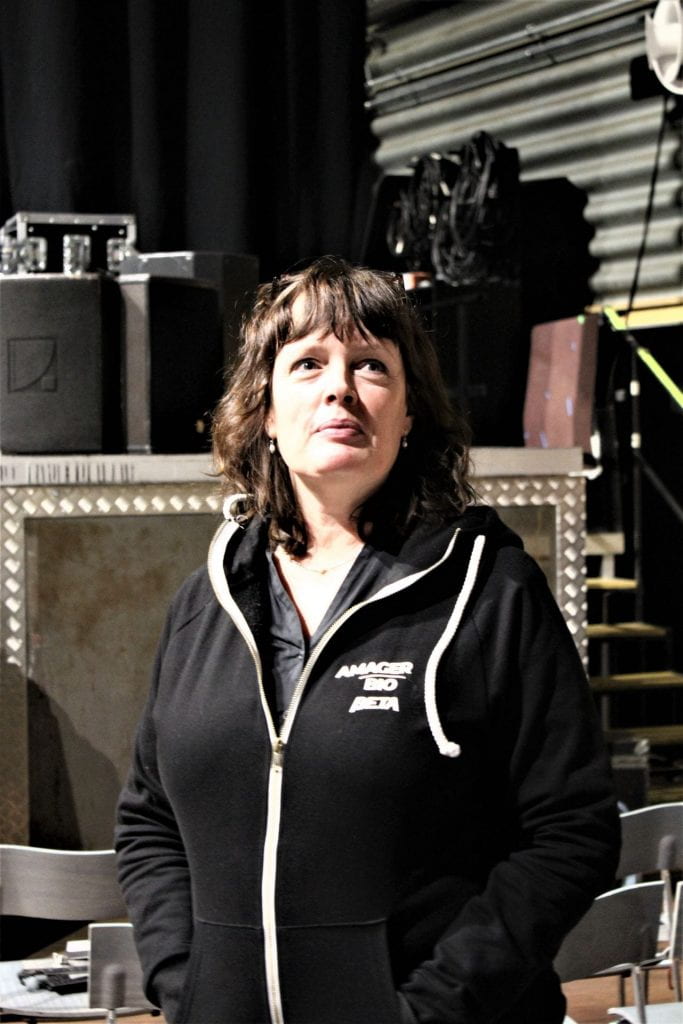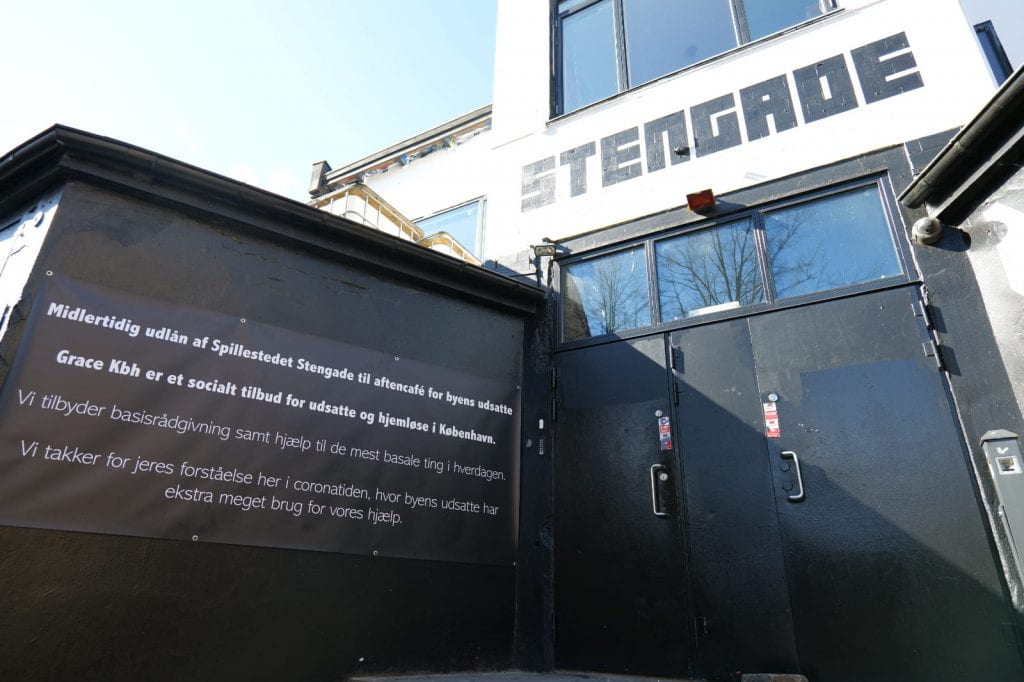By Beata Wallsten and Sandra Kaarsgaard, Sunday March 21st 2021
What do you do, when your livelihood crumbles from underneath you, and future plans and prospects seem to disappear every single day? This has been a question on the minds of everyone working in the live music and event industries, and the question we’ve been asking some of the venues in Copenhagen.
Just a week ago marked the one-year anniversary of the first lockdown in Denmark, and the financial struggles it has brought with it.
During this time music venues have had to come up with solutions to how to host concerts and how to even be a venue. Many have turned to virtual gigs.

At local venue Amager Bio, video concerts haven’t even been part of the discussion according to venue manager Eva Rehling:
“We can see that no one wants to watch them. They’re just some kind of music video, and they don’t want to pay for that either.
And I still have to pay bands, technicians and what other costs go into making a concert.”

A venue that has come up with creative solutions is Nørrebro-based regional venue ALICE CPH. Instead of taking the lockdown as a foot on the brake, they have opened up their mindset to broaden the scope of what a venue can do:
“We are not locked down. We are just open under different circumstances.”
Bjarke Svendsen, venue manager of Alice CPH

ALICE CPH has received funds from the Danish government, but have no intention to keep them to themselves:
“We created the open calls to move money from us to the artists, so they too are alive when all of this is over,” says Bjarke Svendsen.
“We will survive.”
Bjarke Svendsen, venue manager of Alice CPH
WHAT IS THE DIFFERENCE BETWEEN REGIONAL AND LOCAL?
A regional venue is a music hall that receives funding from the Ministry of Culture and have to live up to contracted demands.
A private/local venue is run by either a private organization or supported by the municipality in which it’s located.

